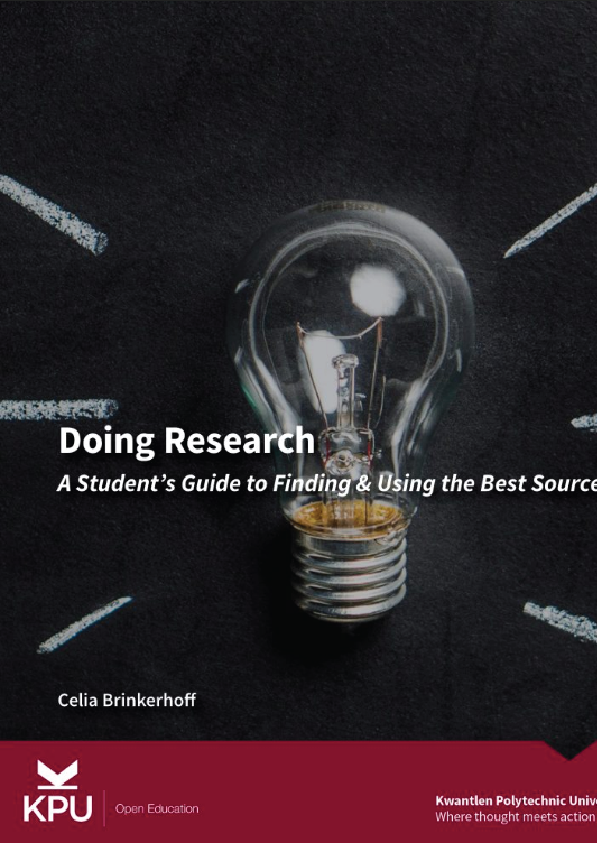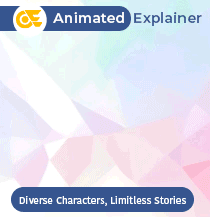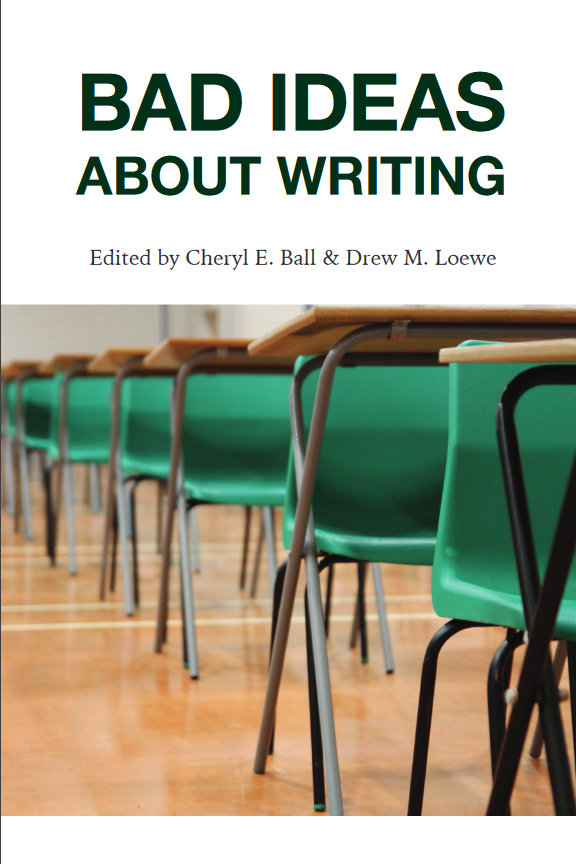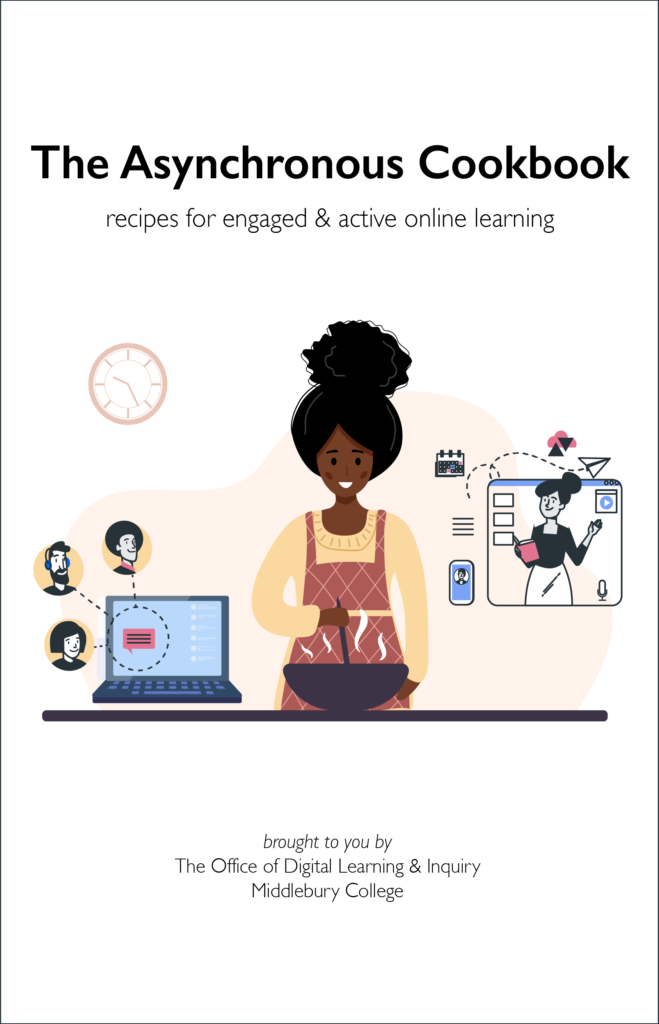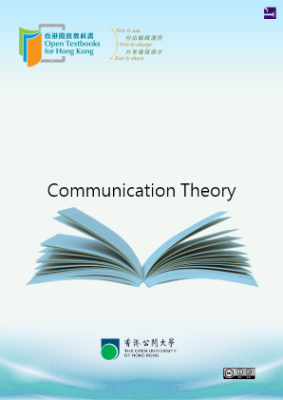Narrowing a Topic
Defining your research question is a process of working from the outside in: you start with the world of all possible topics (or your assigned topic) and narrow down until you have focused your interest enough to be able to state precisely what you want to find out, instead of only what you want to “write about.”
Going through this process can be the hardest part of doing research, but once you have a question that is realistically scoped (not too broad, not too narrow) it will guide the rest of your work.
ACTIVITY: Which Topic is Narrower?
Now it’s your turn. Practice thinking about narrower topics with these 3 examples. Click the arrow to show the next question.
But Avoid Getting too Narrow
Be careful about getting too specific with your research question. Not every question that you come up with will be searchable.
For the above question about college tuition, the important questions to ask would be who? and what? Trying to find information on the impact of rising tuition in a particular city or province will be too restrictive, and the location may, in fact, be irrelevant to the search. A large-scale study across Canada or North America would likely yield relevant information that could be useful to your question.
The bottom line is, you will be working toward a balanced research question that is specific enough to guide you in your research, but not too restrictive.
Background Reading
As you are exploring your topic and figuring out ways to narrow it down to a searchable question, it is a good idea to do some initial reading. For one thing, you might not know much about your topic yet. For another, such reading will help you learn the terms used by professionals and scholars who have studied your narrower topic. Those terms might become your keywords or search terms later on, so keep them in mind.
Getting Your Words Right
It’s important to understand that the search terms you use will have a direct correlation with the kinds of sources you find. And spending some time early on in your research learning relevant terms will save you time later on.
For instance, if you were going to do research about the risk of bird flu to humans, initial background reading would teach you that professionals and scholars usually use the term avian influenza instead of bird flu when they write about it. (Often, they also use H1N1 or H1N9 to identify the strain.) If you didn’t learn that, you would miss the kinds of sources you will eventually need for your assignment.
Take a look at the Google search results using the terms “bird flu” and human risk vs. “avian influenza” and human risk. Compare the kinds of sources listed.
(Click on the thumbnail image for a larger view. Use your browser’s back-button to return to the page.)
If you were to follow the linked results, you would see that the sources on the right come from government agencies and scientific journals, whereas the sources on the left come from news outlets or consumer health websites.
